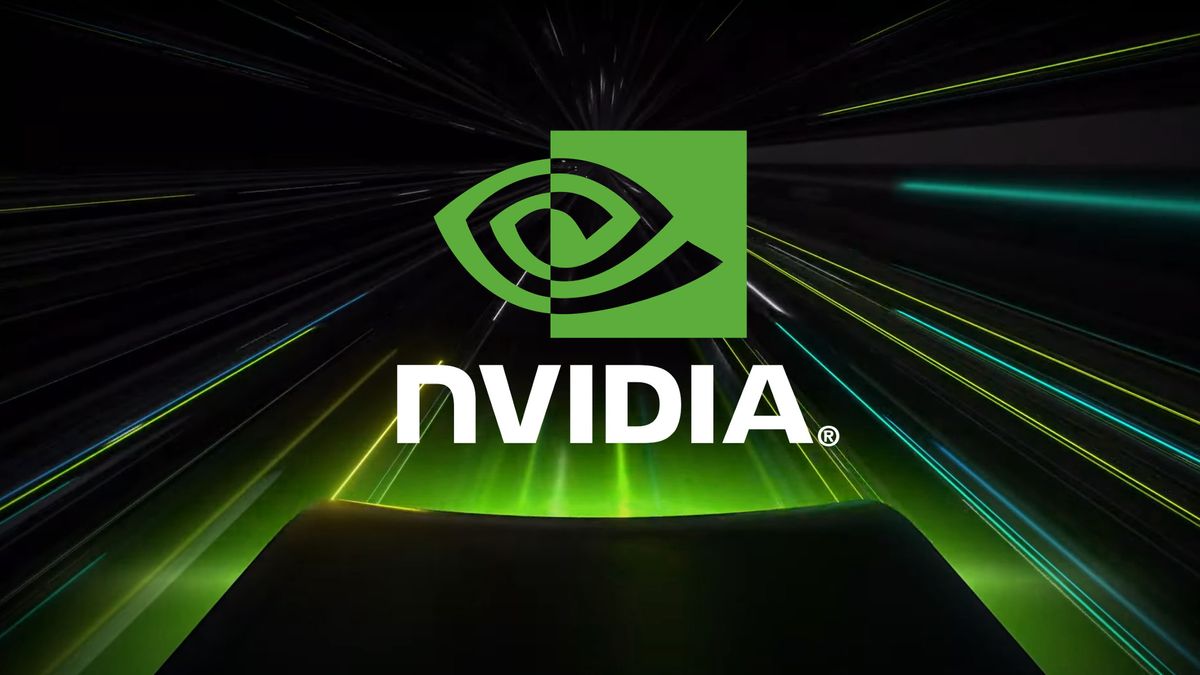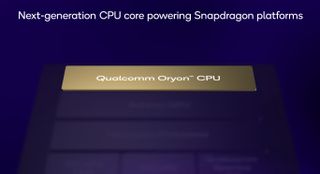NVIDIA and AMD reportedly gearing up to offer ARM CPUs for Windows PCs
Intel shares down after Reuters report drops suggesting a seismic moment for PCs in the not-too-distant future

What you need to know
- A new report from Reuters suggests that both NVIDIA and AMD are gearing up their own ARM CPUs to power Windows PCs.
- Both could be ready to roll come 2025.
- Intel shares have dropped a chunk after the report was released, while NVIDIA and ARM both saw gains.
- Qualcomm is expected to drop its newest ARM platform for Windows PCs this week at its annual event, and the company's exclusivity agreement is reported to end in 2024.
In the same week we're expecting to see Qualcomm's next big ARM innovation for Windows PCs, a new report from Reuters suggests the competition is going to heat up from 2025.
According to Reuters sources, both NVIDIA and AMD have begun the process of readying ARM-based CPUs to power Windows PCs, and could be set to launch in 2025. This would make sense given the reported expiration of Microsoft's exclusivity arrangement with Qualcomm ending in 2024.
The obvious loser here? Intel. The drop in the company's share price upon the release of this report is no surprise. It's hardly a death knell, though. Despite the obvious future of ARM computing, Intel still has a lot to offer, and Meteor Lake's arrival at the end of the year is just the first part of that. AMD moving into ARM is a little surprising, but given its deficit in the laptop CPU market already, it certainly makes sense to at least try.
Those with longer memories may remember that NVIDIA has previously been a partner of Microsoft's for powering Windows devices. The ill-fated Surface RT launched, powered by an NVIDIA Tegra CPU. NVIDIA has also previously provided CPUs for Android smartphones and tablets, and has its own chip inside its Shield TV.
The future is ARM?

Windows on ARM is still growing, and some could argue that maybe entering into an exclusive arrangement with a single CPU manufacturer wasn't the smartest play. But we're about to hear more from that single partner, Qualcomm, with Reuters also reporting that Microsoft executives including VP of Windows and Devices Pavan Davuluri, will be on hand.
The obvious comparisons are always going to be drawn with Apple, but facts don't lie. What Apple has achieved with its M-series chips for Mac and iPad is breathtaking, melding performance, efficiency and battery life together on its own ARM-based platform.
It's fair to say that Windows machines haven't yet reached this potential, despite some already very good devices powered by Qualcomm. The next-gen is something that could certainly change this conversation, and the conversation is still Qualcomm's to have alone, at least for another year.
Get the Windows Central Newsletter
All the latest news, reviews, and guides for Windows and Xbox diehards.
NVIDIA and AMD getting into ARM CPUs would be a huge shot in the arm for the future of Windows PCs. Apple is in the ascendency with this technology, and Microsoft has to respond. One thing's for sure, though. If this report is accurate, then 2025 is going to be a very important year.

Richard Devine is a Managing Editor at Windows Central with over a decade of experience. A former Project Manager and long-term tech addict, he joined Mobile Nations in 2011 and has been found on Android Central and iMore as well as Windows Central. Currently, you'll find him steering the site's coverage of all manner of PC hardware and reviews. Find him on Mastodon at mstdn.social/@richdevine
-
naddy69 "The future is ARM?"Reply
Do you really need to ask this question?
The present is ARM. Windows is the only software today still running on Intel. Everyone else has moved on.
If Windows is going to have any future at all, it needs to be running on ARM.
"Multi-platform App UI (MAUI) allows developers to target multiple operating systems. Android, iOS, macOS, Windows 10, and Windows 11 are all supported. Visual Studio having MAUI support for Arm will give developers another way to target Windows on ARM PCs."
This will become way easier once Windows is based on Linux. Because Android is Linux. Because iOS/iPadOS and MacOS are Unix.
MS needs to catch up to the rest of the planet and use Linux/Unix and ARM. The term "cross platform" will go away, because everyone will be on the same platform: Unix on ARM.